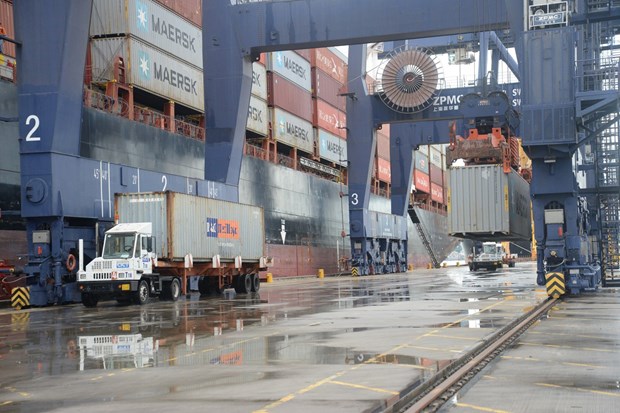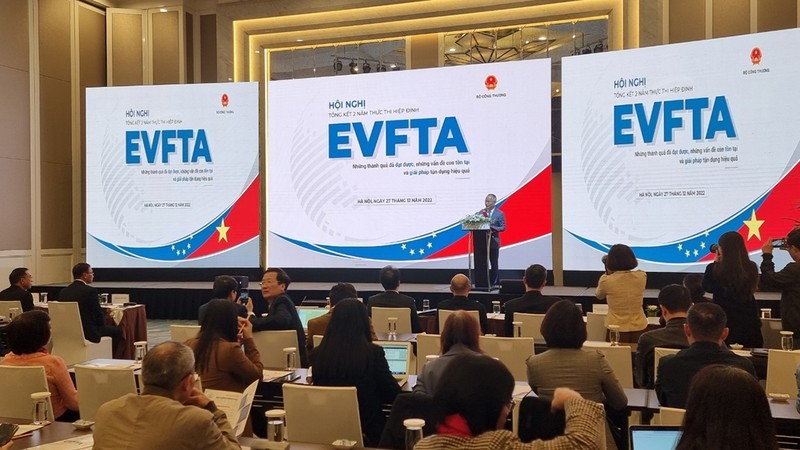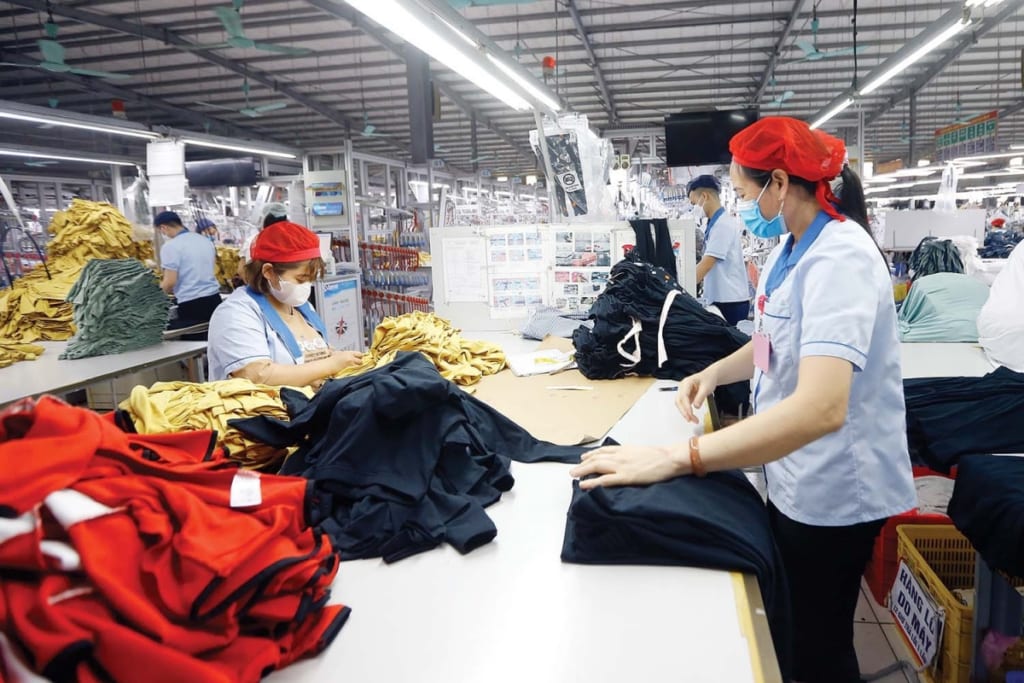
In today’s globalised world, the movement of labour across borders has become increasingly common. Vietnam, a rapidly developing country in Southeast Asia, has not been immune to this trend. The influx of foreign workers into Vietnam has raised several questions and sparked debates about its economic, social, and cultural implications. In this article, we will explore the phenomenon of foreign workers in Vietnam, examining both the advantages and challenges they bring to the table.
1. Introduction: The Rise of Foreign Workers in Vietnam
Over the past few decades, Vietnam has experienced significant economic growth and development. This progress has led to an increased demand for labour in various sectors, including manufacturing, construction, and services. As a result, Vietnam has opened its doors to foreign workers from neighbouring countries and beyond.
2. Economic Contributions of Foreign Workers
2.1. Filling Labor Gaps
Foreign workers play a pivotal role in addressing critical labor shortages in Vietnam. This is particularly evident in sectors such as agriculture and construction, where the demand for labor often outstrips the local supply. Without the contribution of foreign workers, these industries would struggle to meet their workforce requirements.
In the agriculture sector, for instance, foreign workers, mainly from neighboring countries like Cambodia and Laos, undertake arduous tasks such as planting, harvesting, and tending to crops. Their presence ensures that Vietnam’s agricultural output remains stable, contributing to the nation’s food security.
2.2. Boosting Productivity
Another significant advantage of foreign workers lies in their potential to boost productivity across various industries. These workers often bring with them unique skills and expertise that may not be readily available within the local workforce. In manufacturing and technology-related fields, foreign workers can introduce innovative techniques and best practices, leading to more efficient production processes.
For instance, foreign engineers and technicians employed in Vietnam’s growing electronics industry have played a crucial role in elevating the country’s status as a regional technology hub. Their expertise helps ensure that Vietnamese factories adhere to international standards, making Vietnam an attractive destination for foreign investments.
2.3. Remittances and Economic Growth
The economic contributions of foreign workers extend beyond their immediate employment. Many of these workers send a portion of their earnings back to their home countries, often in the form of remittances. These financial inflows not only support the families and communities of foreign workers but also have a profound impact on the economies of their home nations.
For instance, remittances from Vietnamese workers abroad, including those working in Vietnam, have contributed significantly to the country’s economic growth. These funds are often invested in various sectors, including real estate, education, and healthcare, further stimulating domestic economic activity.
3. Social and Cultural Implications
3.1. Cultural Exchange
The presence of foreign workers in Vietnam fosters cultural exchange and diversity. It exposes the local population to different languages, traditions, and lifestyles, enriching the cultural tapestry of the nation. This diversity can lead to a more inclusive and globally aware society, fostering greater tolerance and understanding among different communities.
Additionally, cultural exchange can also be a source of inspiration and creativity. It encourages the sharing of ideas and artistic expressions, potentially leading to innovations in various fields, from cuisine to the arts.
3.2. Social Integration Challenges
While the cultural exchange brought about by foreign workers is undoubtedly beneficial, it is not without its challenges. Language barriers and cultural differences can sometimes lead to misunderstandings and tensions between local and foreign communities. These challenges can hinder effective communication and cooperation in the workplace and within society at large.
To address these issues, efforts must be made to facilitate the integration of foreign workers into Vietnamese society. Language training programs and cultural exchange initiatives can help bridge the gap and promote harmonious coexistence.
4. Legal and Regulatory Framework
4.1. Work Permits and Visa Regulations
Vietnam has established a comprehensive legal framework to regulate the employment of foreign workers. This framework includes the issuance of work permits and visa requirements, which are designed to ensure that foreign workers enter the country legally and contribute to its development.
The process of obtaining a work permit involves thorough vetting to confirm that the foreign worker possesses the necessary skills and qualifications for the job. This not only protects the interests of the local workforce but also ensures that foreign workers are adequately prepared for their roles in Vietnam.
4.2. Labor Protection
The Vietnamese government is committed to protecting the rights of foreign workers within its borders. This includes ensuring fair wages, safe working conditions, and access to healthcare services. While these protections are essential, their enforcement can sometimes be challenging, requiring continued vigilance and oversight.
5. Conclusion: Striking a Balance
In conclusion, the presence of foreign workers in Vietnam is a complex issue with both advantages and challenges. They play a crucial role in filling labor gaps, boosting productivity, and contributing to economic growth. Simultaneously, the social and cultural implications require careful consideration.
Foreign workers can be a valuable asset to Vietnam’s development, but it is essential to strike a balance between reaping the economic benefits and addressing the social and cultural challenges.
Frequently Asked Questions (FAQs)
1. Are foreign workers in Vietnam subject to the same labor laws as local workers?
- Yes, foreign workers in Vietnam are subject to labor laws and regulations that govern their employment, including work permits and labor protection.
2. How does the presence of foreign workers affect the local job market?
- Foreign workers often fill labor gaps that are not easily filled by the local workforce. This can lead to job opportunities for locals in other sectors.
3. What are the main countries of origin for foreign workers in Vietnam?
- The main countries of origin for foreign workers in Vietnam include neighboring countries like Cambodia, Laos, and China.
4. How does the government of Vietnam regulate the influx of foreign workers?
- The Vietnamese government has established regulations related to work permits, visa requirements, and labor protection to regulate the employment of foreign workers.
5. How can Vietnam ensure the successful integration of foreign workers into its society?
- Successful integration requires efforts such as language training, cultural exchange programs, and initiatives to foster understanding between local and foreign communities.
In this comprehensive article, we’ve delved deeper into the advantages and challenges posed by foreign workers in Vietnam. Their economic contributions, cultural impact, and the legal framework governing their presence have been explored in detail. Striking a balance between harnessing their potential for economic growth and addressing social and cultural issues remains a key challenge for Vietnam’s future development.
Follow our channel for more updated news of Vietnamese labour market



